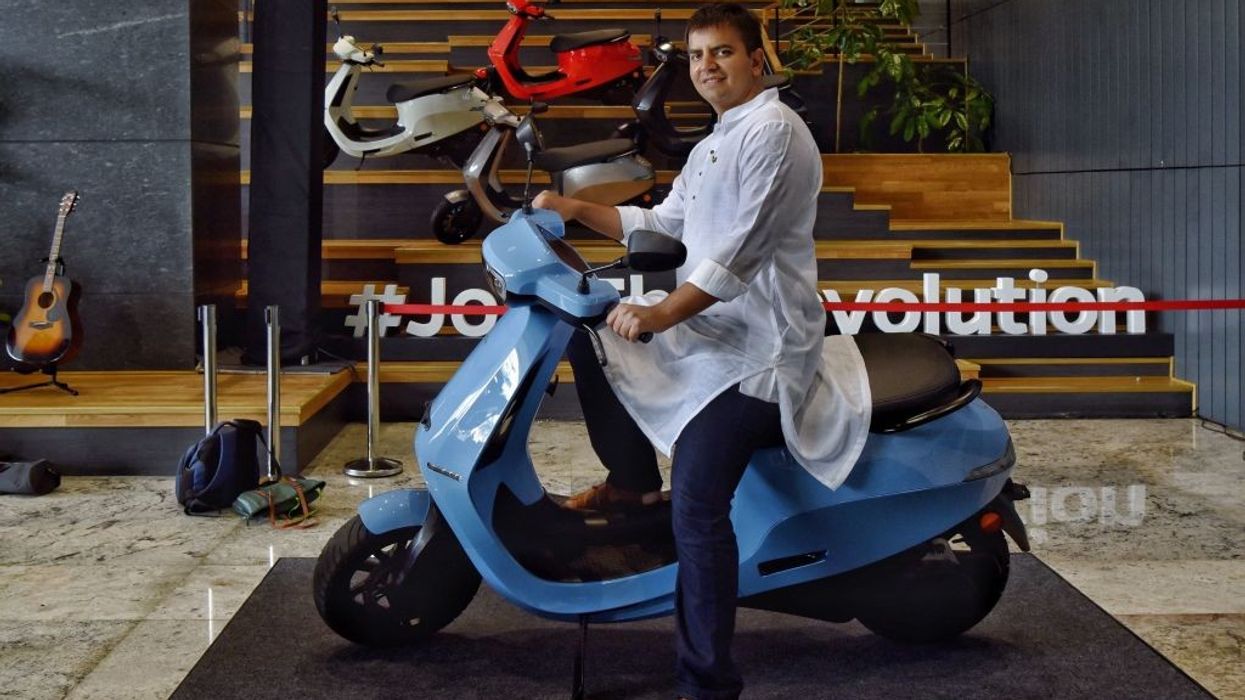INDIA is among the top five easiest places to start a new business, a global consortium of over 500 researchers said on Thursday (10) in its latest report.
The Global Entrepreneurship Monitor (GEM) 2021/2022 report, unveiled at the Dubai Expo, puts India on top amongst low-income economies on different entrepreneurial framework conditions.
It gathered data via a survey of at least 2,000 respondents across each of 47 high, medium and low-income economies.
The survey of Indian respondents, who answered questions on their entrepreneurial activity, attitudes to enterprise and view of their local entrepreneurial ecosystem, found that 82 per cent think it is easy to start a business, placing India fourth globally.
Some 83 per cent believe that there are good opportunities to start a business in their area – second globally and 86 per cent believe they have the skills and knowledge to start a business – fourth globally.
Besides, 54 per cent cite fear of failure as a reason for not planning to start a new business in the next three years, placing India second out of 47 in this list.
The GEM report put India on the top amongst low-income economies (according to GDP per capita) on different entrepreneurial framework conditions such as entrepreneurial finance, ease of access to finance and government policy and support.
However, the results indicated that entrepreneur sentiment of growth expectation was weak – with more than 80 per cent of Indian entrepreneurs reporting much lower growth expectations than last year.
Dr Sreevas Sahasranamam, one of eight authors of the GEM report, said: “The fact that over 80 per cent of respondents in India agreed that it is easy to start a business in the country, placing India amongst the top five economies globally, reflects an entrepreneurial ecosystem that has improved, thanks to government initiatives such as ‘Startup India' and ‘Make in India'.”
However, entrepreneurial intentions among the general population and growth expectations among entrepreneurs are still muted, the senior lecturer in entrepreneurship and innovation at the Hunter Centre for Entrepreneurship at the University of Strathclyde in Glasgow said.
“So, there is a need for cultural change around reducing the fear of failure amongst the general population, and support for scaling-up new ventures,” he said.
Dr Sunil Shukla, director-general of the Entrepreneurship Development Institute of India and GEM India national team leader, said: “Entrepreneurship has become a key factor for sustainable economic growth and has huge potential to create employment opportunities”.
“Developing an entrepreneurial mindset within the country has become a primary objective for governments and societies worldwide. In the Indian context and given its socio-economic challenges as well as its size and scope, a holistic approach to entrepreneurship development can bring transformational changes to the socio-economic landscape of the country,” he said.
The survey data found that more than 77 per cent of entrepreneurs are pursuing new opportunities due to the Covid-19 pandemic - placing India first out of 47.
This observation reiterates the findings of a report published last year by researchers from the University of Strathclyde and King's College London that found almost 60 per cent of entrepreneurs in India predict a long-term positive impact of Covid-19 on their businesses.
Sahasranamam said: “We observed a clear relationship between the level of national income and the share of start-ups in business services, such as professional services, communications, with this share typically being much higher in high-income than in low-income economies”.
“Thus, encouraging new start-ups in differentiated, knowledge-based high-value business services compared to consumer services may improve the development path of developing economies like India, paving a path to its $5 trillion economy ambition.
Globally, the GEM report found that in 15 out of these 47 economies, more than half of entrepreneurs agreed that the pandemic had led to new business opportunities.
In 2020, this had been the case for just nine out of 46 economies.
The GEM is a consortium of national teams, primarily associated with top academic institutions that carry out survey-based research on entrepreneurship around the world.
(PTI)
India among top 5 economies for ease of starting new business: Survey




